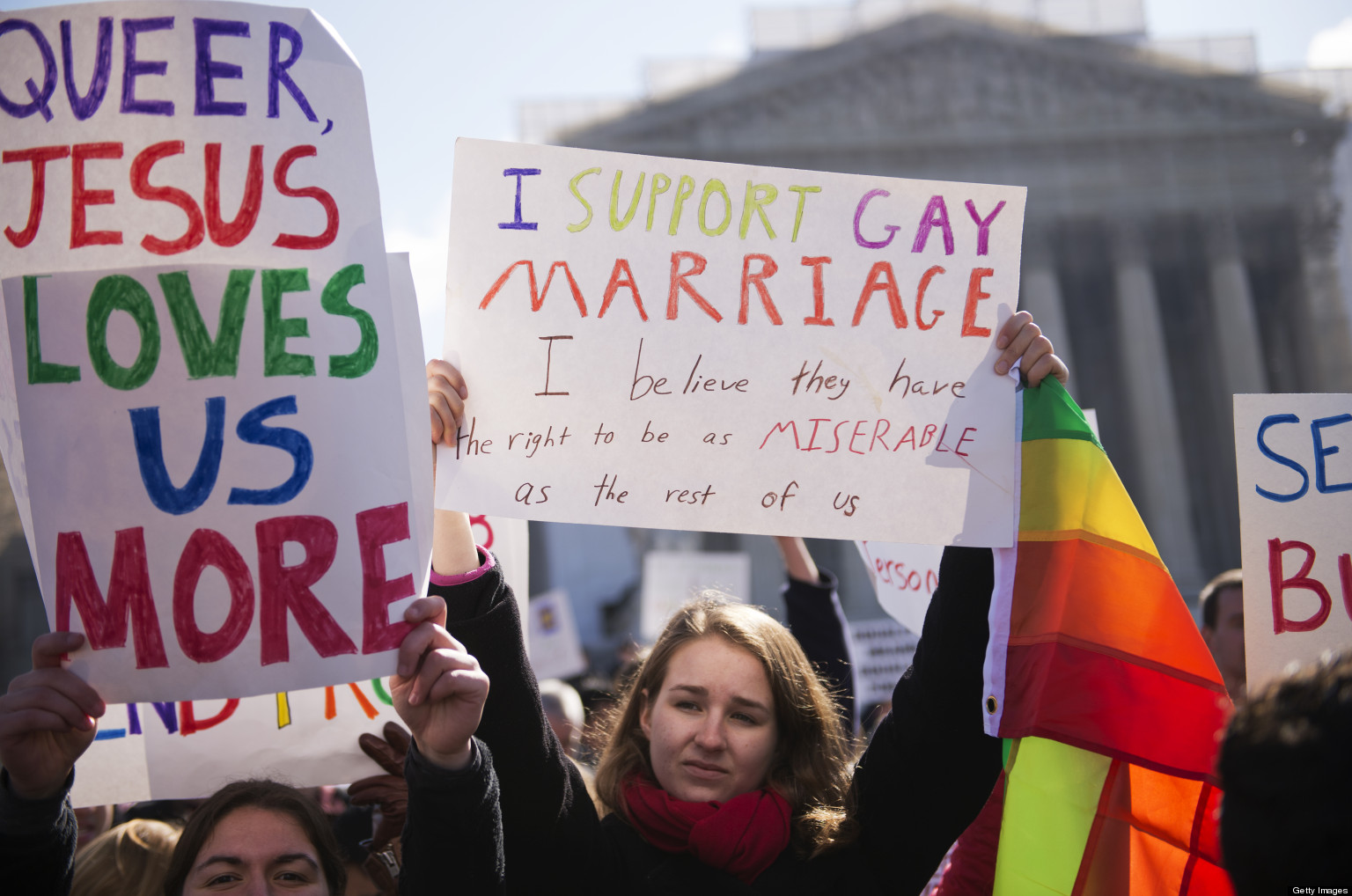June has been dubbed “Pride Month,” a new holy festival in our cultural calendar. Just in time for the season, logos of powerful, influential corporations have changed their logos to rainbow hues. Pop idol Taylor Swift dropped a new song and video castigating opponents of sexual immorality, particularly of the LGBT+ variety. In a strange twist of history, one of the richest women in the world lampoons the heartland demographic that fueled the rise of her former country career, portraying them as toothless inbred hayseeds, toting signs reminiscent of the fringe Westboro Baptist congregation.
Login to read more
Sign in or create a free account to access Subscriber-only content.
Topics:
